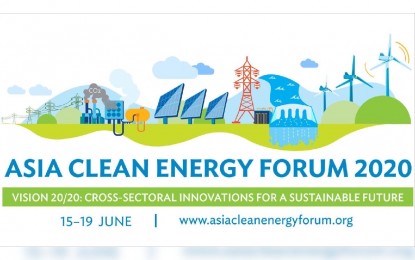
MANILA – Lockdowns around the world due to the coronavirus disease 2019 (Covid-19) have suspended transportation and factories, reducing pollution levels.
With the economic slowdown during the Covid-19 pandemic, the International Energy Agency (IEA) projected that 2.6 billion metric tons of carbon dioxide (CO2) will not be emitted into the environment. This is equivalent to a reduction of 8 percent of annual emission, the single largest reduction in history.
In a paper by the United States Agency for International Development (USAID) and National Renewable Energy Laboratory (NREL), this type of reduction is required year after year to keep the global temperature increase below 1.5 degree Celsius.
Two Degrees Group principal Jennifer Leisch, one of the paper’s authors, presented the study in a session of virtual Asia Clean Energy Forum 2020 of the Asian Development Bank happening this week.
Leisch said while the economic slowdown has cut the carbon emission, policymakers should look into making policies that will maintain the pollution reduction.
She cited that the enhanced community quarantine in Metro Manila has improved the air quality in the National Capital Region.
“There was 45-percent reduction in nitrogen dioxide due to transportation slowdown and declining power demand,” Leisch said.
The challenge for the government is to maintain this temporary emission slowdown so as not to return to the previous levels of pollution as economic activity rebounds.
“Policymakers and regulators can act to preserve pollution reduction by linking clean energy deployment and air quality improvements through future policies and regulations,” the USAID and NREL study said.
The paper said there will be a growing demand for clean energy as many cities experience the improvement in air quality during the pandemic.
It also called for increased investment and transition to renewable energy as part of governments’ recovery plan around the world.
“There is an opportunity to tap into a clean energy transition as part of the recovery process as countries reopen for business and governments investigate longer term economic reform measures,” it read. (PNA)
